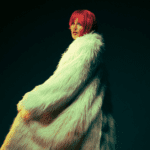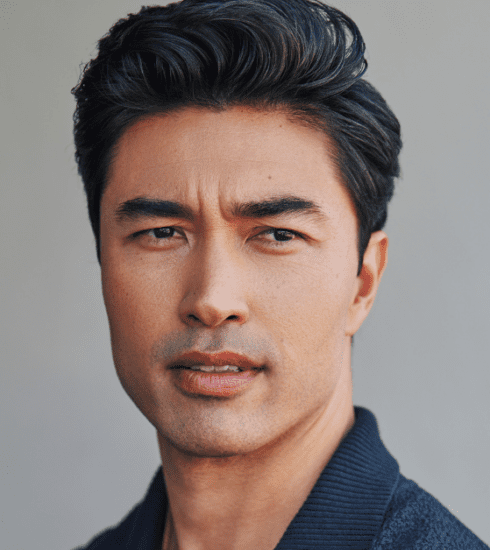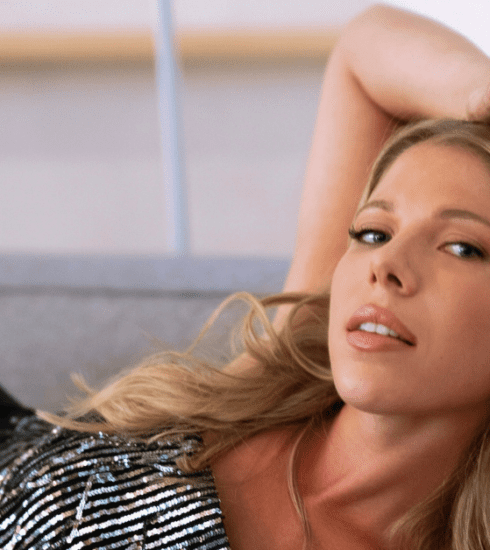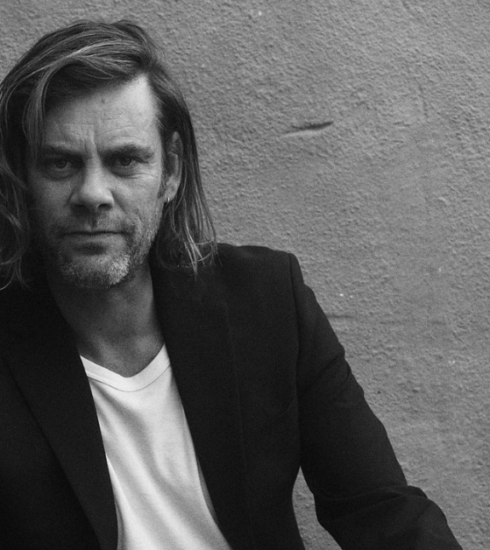A Leap of Faith – Rhonda Morman’s Journey to Wicked City and the Power of Belief
Rhonda Morman never imagined she would play a witch. When the role of Claudette in ALLBLK’s Wicked City was presented to her, her first thought was, “I can’t do this… I’m not a witch, God.” For someone whose faith is the cornerstone of her life and career, stepping into a supernatural world teeming with witches and dark powers seemed like a contradiction. But as Rhonda wrestled with this doubt, a revelation began to emerge: this wasn’t just a role, it was a calling. It wasn’t about compromising her beliefs; it was about bringing them into a space where they had yet to be seen.
As she wrestled with this revelation, Rhonda turned to Tressa Azarel Smallwood, founder of MegaMind Media, who had chosen her for the part. “I didn’t understand. I said, ‘Why did you pick me?’” Rhonda shares, her heart heavy with uncertainty. It wasn’t until she accepted the truth that Tressa’s answer became clear: she had been chosen because God had a plan for her. Rhonda learned that the journey ahead was not for her to fully understand, but to trust. “You have to trust and lean not to your own understanding,” she says. With faith, she embraced her role and the unexpected journey that followed, realizing that sometimes, the purpose behind the journey is greater than what we can comprehend.
As Rhonda embraced the complexity of Claudette, she discovered that the supernatural themes of power, transformation, and resilience mirrored her own journey. Claudette became more than a character; she became a vessel through which Rhonda could explore deeper layers of herself. She realized that the battles within us—whether supernatural or earthly—are often reflections of the strength and faith required to overcome. This revelation not only fueled her performance but also allowed her to connect with the audience on a profound level. Rhonda’s portrayal of Claudette serves as a reminder that sometimes, the roles we are hesitant to accept are the ones that lead to the most transformative moments, both on screen and in life.

The Roots of Resilience
Rhonda Morman’s extraordinary journey didn’t start on Hollywood sets or behind the cameras—it was forged in the fires of her childhood, where resilience and faith were her only unwavering allies. “Rhonda Morman herself is resilient,” she says with quiet strength, a truth carved from the most unexpected and challenging circumstances. It wasn’t the glitz and glamour that shaped her tenacity; it was the struggle, the perseverance, and the relentless belief that every setback was merely a setup for a greater comeback.
At just seven years old, Rhonda’s world was shattered by a drive-by shooting that left her confined to a wheelchair. “I went from a kid who was always singing and dancing, always moving—one of my favorite songs was ‘You Don’t Have to Be a Star’ by Billy Davis Jr. and Marilyn McCoo—to jumping rope and running around, to suddenly being trapped in that wheelchair,” she recalls. The years between seven and eleven and a half were filled with struggle—struggling to adapt, struggling to find her place, and struggling against the pain and limitations of her new reality. In those dark, challenging years, Rhonda was forced to confront a battle far deeper than her physical wounds—one that tested her spirit and resilience in ways she never could have imagined.
From her balcony, Rhonda would watch the other children play hopscotch and double Dutch, their legs a painful reminder of what she had lost. “It was an incredibly hard time for me. I felt exiled. I felt ugly, broken, confused, depressed,” she confesses. Yet even in those moments of isolation and despair, her imagination became a powerful escape, a world where anything was possible. She would close her eyes and picture herself running, walking, jumping—she even began to smile and laugh—feeling the wind in her hair as her legs remained motionless beneath her. “I would never see the faces of the legs that were in motion,” she says, “but I lived through their legs. I started to get excited about the fun I would have the next day.” It didn’t matter what color the legs were, whether they were scarred or smooth, or who they belonged to. In Rhonda’s mind, those legs symbolized freedom—they worked, and in that simple truth, she found hope. The rhythm of their movement became her own, sparking a tenacity that defied her reality and carried her through even the hardest of times.
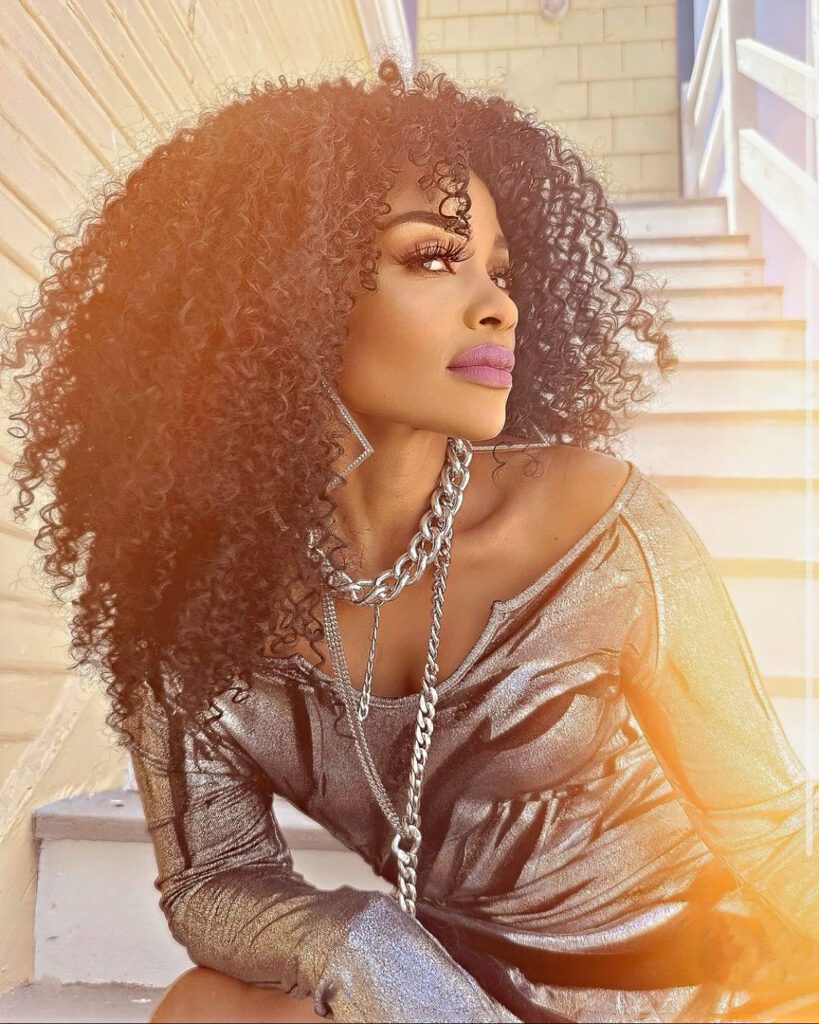
Her turning point came when she was introduced to Bible Club, now called World Impact. “They would talk to us about God. “That’s when I first learned about Jesus—the man who healed,” Rhonda recalls. The stories of healing resonated deeply within her, igniting a spark of hope and a new kind of prayer. “I went from wishing to praying,” Rhonda reflects. “I didn’t understand it fully, but if He could do it for them, He could do it for me.” From sunup to sundown, she found hope in the legs of the children she watched, imagining herself running, jumping, and playing. And from sundown to sunup, she would pray, asking Jesus, “Heal my one leg. I only need one.” With each prayer, her belief grew stronger that her healing was drawing nearer. In those quiet moments of prayer, hope became her anchor, and her childlike faith became the unwavering force that fueled her belief in a future she could not yet see but knew, deep in her heart, was coming.
“I would just pray and pray and pray—every single day—until one day, I started walking,” she says with the bright conviction of a child who never gave up. It was nothing short of a miracle. “The doctors still say I shouldn’t be walking, but here I am, doing the very thing they said I could never do.” Her faith, pure and unwavering, carried her through, turning her prayers into steps and her hope into reality.
Her recovery wasn’t just physical—it was a profound transformation of spirit and purpose. Rhonda realized that faith, when paired with determination and imagination, had the power to defy even the most insurmountable odds. “I have to go back to that little girl myself today and borrow some of her strength,” she reflects, recognizing how those formative years shaped her resilience, creativity, and unwavering belief in possibility. That season of struggle became the foundation for the tenacity and vision that now fuel her life and career.
Becoming Claudette
Years later, that same resilience prepared Rhonda to embody Claudette, the unapologetically powerful villain in Wicked City. Claudette, a witch with depth and complexity, mirrored the strength and layers Rhonda carried within herself.
“In season one, I’m killing someone,” Rhonda says with a nervous laugh. Yet, far from being intimidated, she embraced Claudette’s dark and unapologetic nature. As she unraveled the character’s layers, Rhonda uncovered unexpected parallels between herself and the powerful, multifaceted witch she so vividly brought to life.
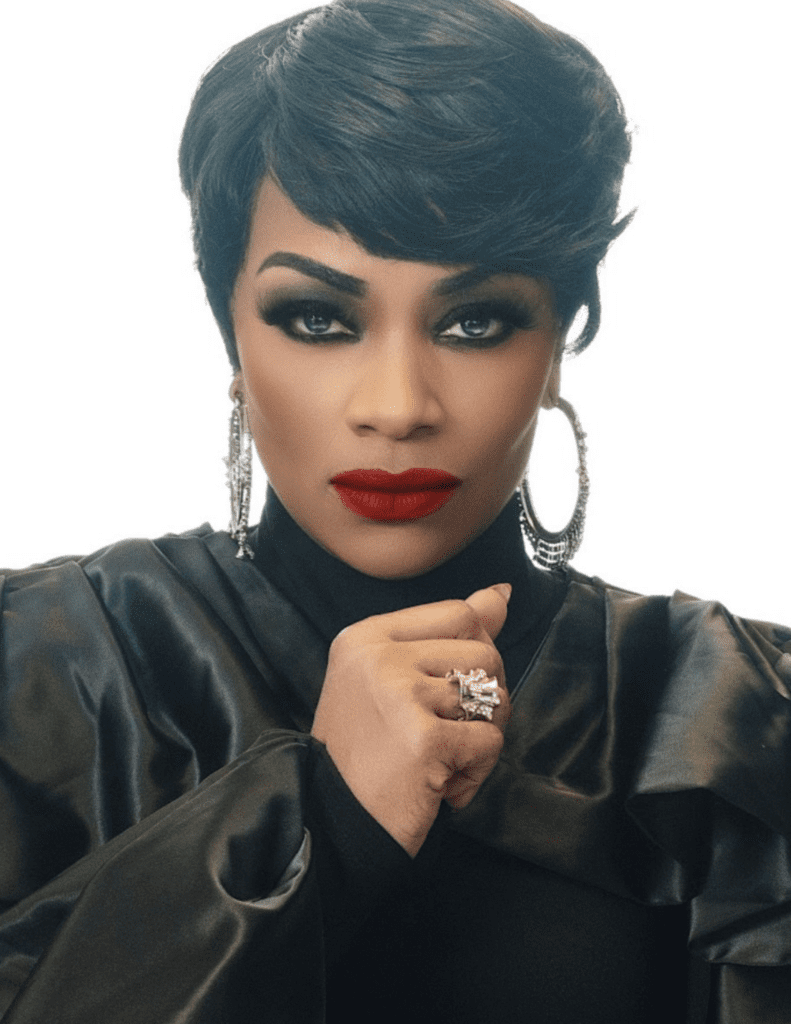
“We can definitely talk about Claudette because Claudette and I have a lot in common,” Rhonda admits. Both have faced judgment, adversity, and the pressure to prove their strength, emerging more powerful each time. “As Rhonda, I’ve been judged. I was bullied as a kid. But stepping into her shoes required more prayer because I couldn’t judge her. Claudette had an assignment, too—just like me.”
On set, Rhonda leaned deeply into her faith, drawing strength from her prayers and the powerful unity of the cast and crew. “On that set alone, we are praying—all of us pray,” she reveals. Faith became our shared foundation, grounding not just her performance but the collective spirit of everyone involved. Together, we embraced the challenges of the supernatural genre with a sense of purpose and unshakable connection.
Expanding Imagination and Representation
For Rhonda, Wicked City isn’t just a supernatural drama—it’s a bold statement, a reimagining of what’s possible in storytelling, and a challenge to cultural norms. “Supernatural stories are just as much a part of Black culture as they are any other,” she declares with conviction. “Wicked City doesn’t just participate in the genre—it elevates it, making it richer, bolder, and relatable to a wider audience.” For Rhonda, the series is a powerful step toward dismantling stereotypes and expanding the narratives Black audiences can see themselves in.
Being compared to iconic shows like Charmed is a testament to the show’s impact, and Rhonda embraces it fully. “To be mentioned alongside Charmed is a massive compliment,” she says. “It tells us we’re doing something right, that we’re standing among the greats.” But Rhonda knows Wicked City is carving out its own lane. “Having Black supernatural characters isn’t just refreshing—it’s essential. Our stories matter in every space, even in the magical and mysterious.” The show isn’t just adding to the genre—it’s reshaping it.
Through her powerful portrayal of Claudette, Rhonda steps into a leadership role, inviting audiences to see themselves in places they may never have imagined before. “Why can’t we imagine ourselves in it?” she-challenges. For her, faith and imagination go hand in hand, breaking barriers and inspiring others to dream bigger. Rhonda’s work in Wicked City is more than acting—it’s a movement, proving that representation isn’t just about being included; it’s about owning the narrative, leading the charge, and showing the world the limitless power of diverse stories.
Faith at the Core
Even in a show centered on witches and the supernatural, Rhonda’s faith remains her unwavering compass. “This is just… I’m passing through,” she says with a quiet humility. “This isn’t my permanent destination, but I trust God’s plan for it, however He chooses.” Her understanding of her role, both in Wicked City and in life, is rooted in her deep spiritual grounding. The supernatural world of witches and dark powers may surround her character, but Rhonda sees it through the lens of her faith, never losing sight of her true purpose.
Her journey to Claudette—where she fully embraces the complexity of the character while staying anchored in her beliefs—is a powerful testament to her resilience and trust in divine guidance. Rhonda’s approach to the role is not just one of acting but one of assignment. “I had to have hope. I had to trust that God had plans for me,” she reflects. In embracing the unexpected, Rhonda shows that the path to purpose isn’t always clear, but it’s always aligned with something greater than herself.
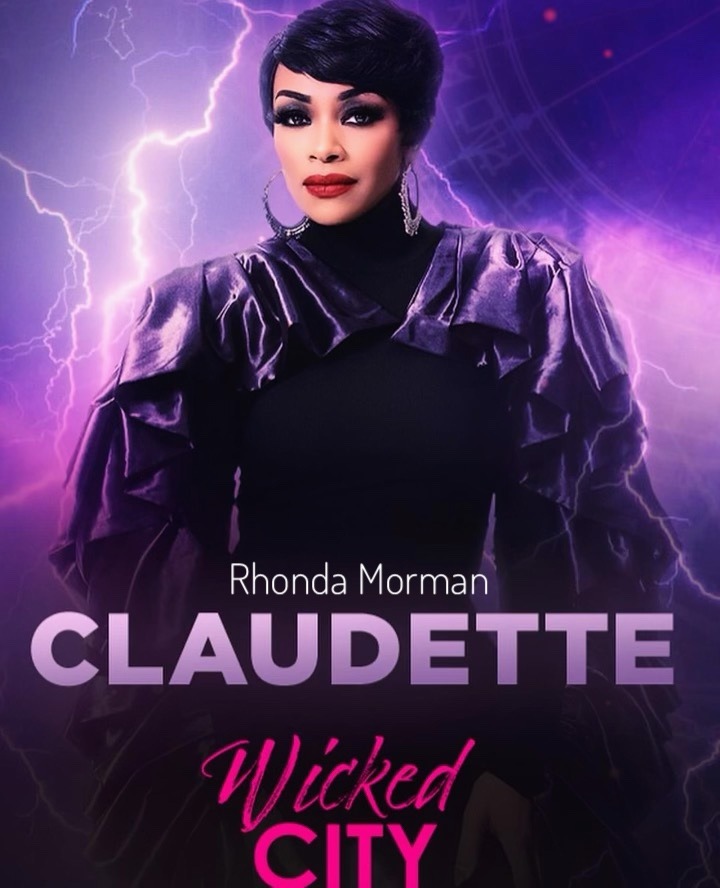
Rhonda’s story is more than just an actress stepping into a role—it’s a narrative of faith, tenacity, and the power of imagination. From the little girl who prayed for the miracle of walking again to the woman captivating audiences as the powerful Claudette, Rhonda Morman’s life is a living testament to the strength of belief and the miracles that unfold when you refuse to accept no for an answer. Her journey is an embodiment of resilience, showing others that faith and determination can transform even the most challenging of circumstances into something extraordinary.


